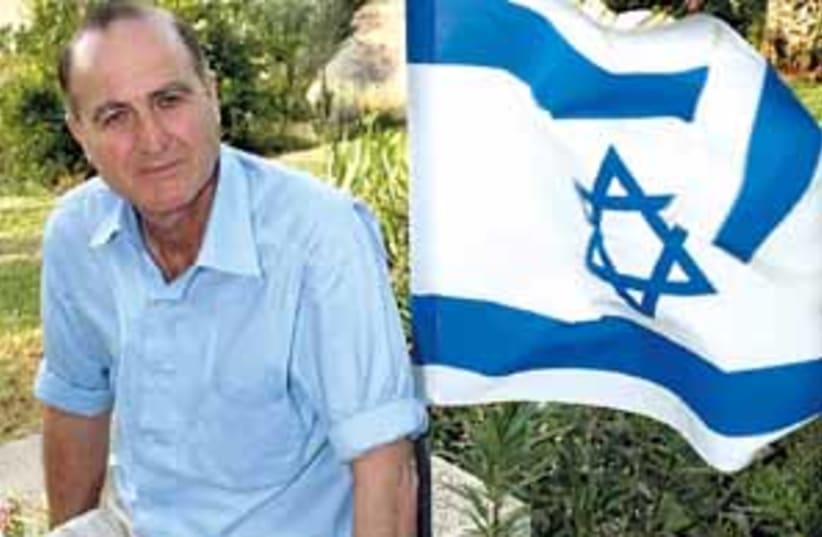One thing that has remained constant, however, is Ben-Ari's love for and faith in the city.
Ben-Ari, 65, comes by his passion for Jerusalem honestly. The son of Ukrainian-born parents (before the establishment of the state, his father, Arie Altman, was the Revisionist Party chairman, and he later served for Herut in four Knessets) who settled in the neighborhood of Rehavia, Ben-Ari was raised on the dream of liberating the capital. It is a dream he would live to fulfill as a commander during the Six Day War - a war he says he was sure he would not survive, yet nevertheless was ready to fight, "to defend our home."
For the secular Ben-Ari, who calls himself a "believing Jew," the home he has spent his life defending is Israel and Greater Jerusalem, its necessarily undivided capital.
In a two-hour interview on the eve of celebrating the 40th anniversary of the victory he calls a "a miracle," the quintessential Jerusalemite describes the atmosphere prior to, during and after the war - comparing the situation in 1967 to that of today.
"That was a time when young Israelis were dubbed the 'Espresso Generation,'" says Ben-Ari, punctuating his otherwise measured Hebrew and mild manner with spontaneous eruptions of let-loose laughter. "As though all they cared about was hanging out at cafes. And then came the war, and all of them ran to fight it. Just as they did last summer."

